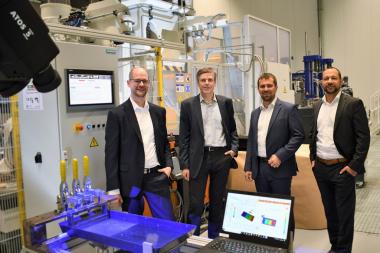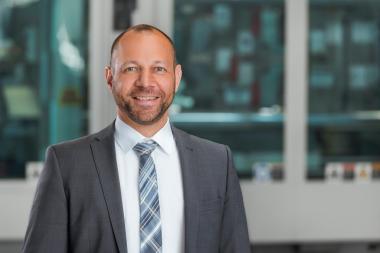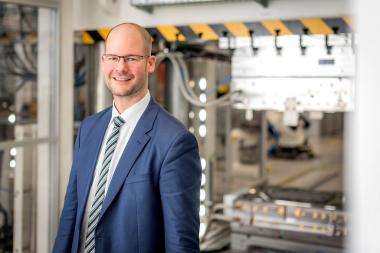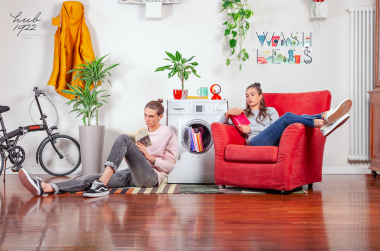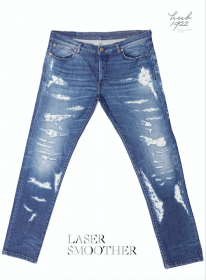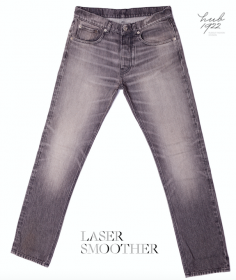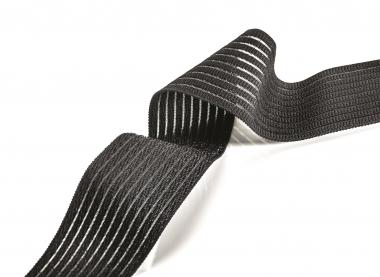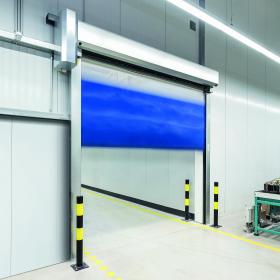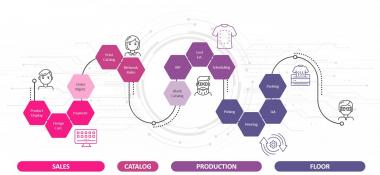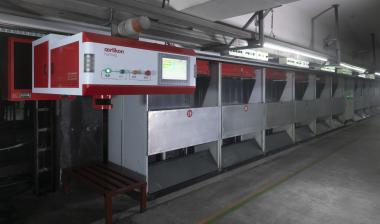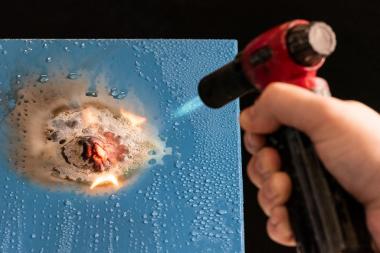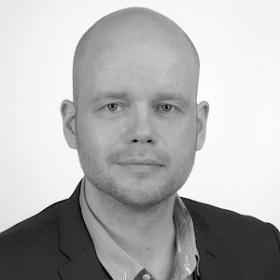Archroma releases its third Sustainability Report
Archroma, a global leader in specialty chemicals towards sustainable solutions, today announced the release of its third Sustainability Report.
Prepared again in accordance with the Global Reporting Initiative (GRI) standards, and covering Fiscal Year 2019, the report outlines the company’s progress on its priority sustainability topics, such as human health and environmental safety, resource efficiency, sustainable sourcing and product stewardship, as well as diversity & inclusion, and talent management.
All activities described in the report support the 3 pillars of “The Archroma Way to a Sustainable World: Safe, efficient, enhanced. It’s our nature." This approach is the company’s guiding light in challenging the status quo to making its operations and its value chains sustainable.
“As our industries navigate through the COVID-19 pandemic, the temptation for some will be to push back on the urgent need to address the climate crisis. We cannot allow that. Because after all, it's our nature”, Heike van de Kerkhof, CEO of Archroma, comments.
The report can be downloaded here.
Archroma / EMG








